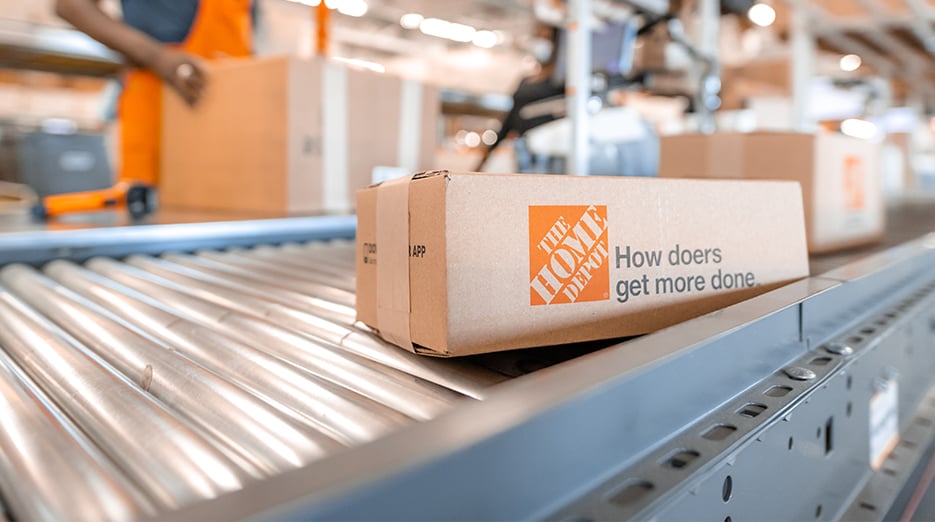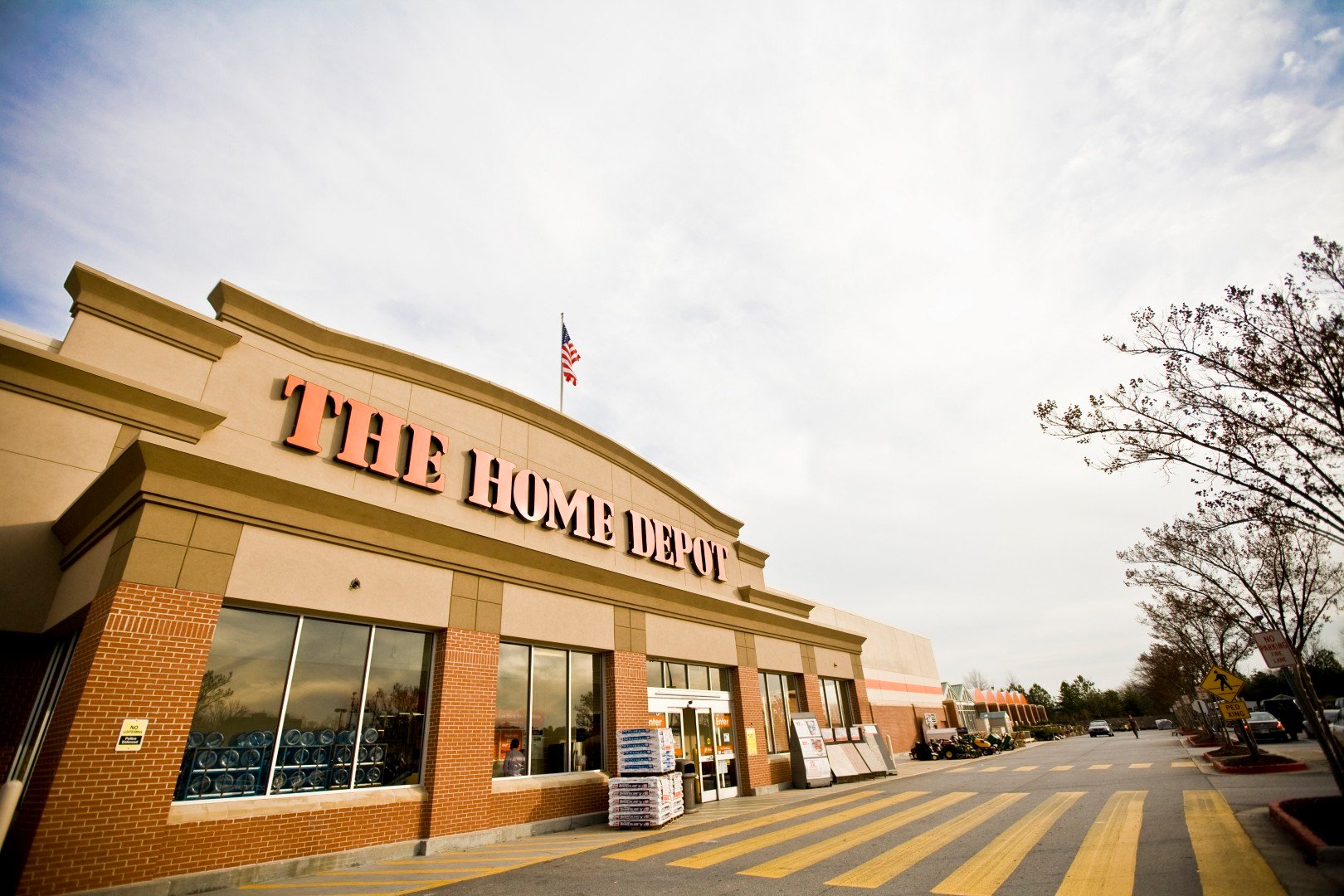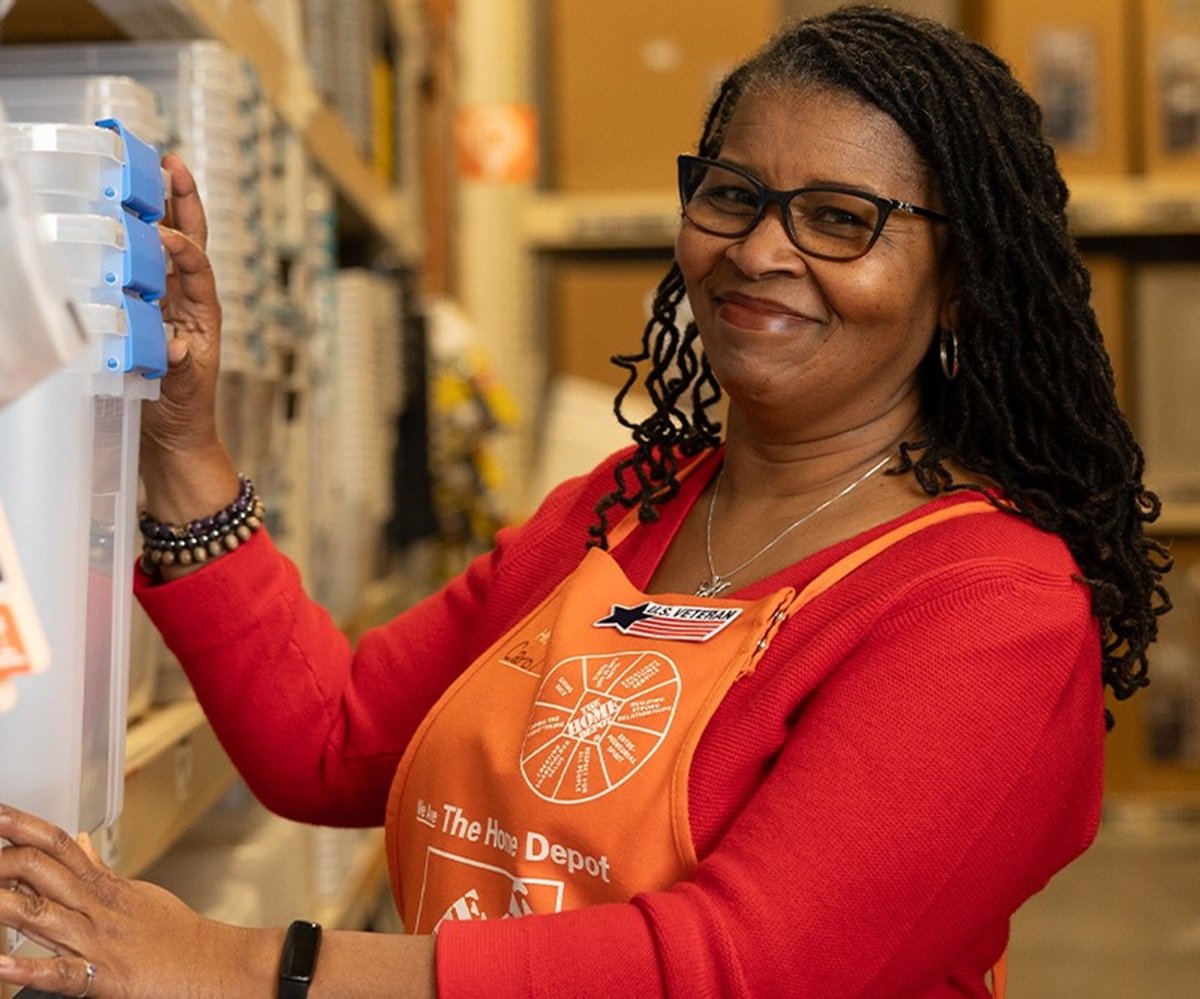What happened
Shares of Home Depot (HD +1.58%), Lowe's (LOW +0.38%), and TJX Companies (TJX +1.23%) were all moving higher today as the trio of retail titans responded favorably to the Senate's passage of a $2 trillion stimulus plan designed to keep consumers and corporations afloat during the coronavirus crisis.
The news has reassured investors and boosted retail stocks, including this group, that are sensitive to consumer spending and the overall health of the economy.
As of 10:58 a.m. EDT, Home Depot was up 4.9%, while Lowe's had gained 5.7%, and TJX was 6.7% higher. At the same time, the S&P 500 index was up 3.2%.

Image source: Getty Images.
So what
Investors believe the $2 trillion rescue package will help mitigate the expected recession and keep consumers spending once daily life begins to return to normal. Among the key features of the bill is that Americans who make $75,000 or less will get a direct payment of $1,200 with payments being phased out after $99,000 in individual income. Families will also get $500 for each child. The bill increases and lengthens unemployment benefits to Americans out of work, and offers benefits to independent contractors and gig workers who have also seen their income dry up. The plan will provide $377 billion in federally guaranteed loans to small businesses as well as $500 billion for distressed companies. After passing the Senate, the bill is expected to be approved by the House on Friday and then be signed into law by President Trump.
The bailout package gives investors a reason to be optimistic as it's a sign that the government is willing to do what it takes to make the economic recovery as smooth as possible. However, the ultimate impact of the coronavirus on the U.S. economy is still highly uncertain. Only in the last week or so have states begun to adopt "stay-at-home" policies to stem the spread virus, and such orders could go on for weeks or even months.
Also, this morning the Department of Labor reported that 3.3 million filed new unemployment claims last week, by far a record, showing the economic shock that's hitting the country. Nonetheless, investors seemed to blow off that news as it was within the range of estimates.
Each retailer is handling the crisis a little differently. Home Depot's stores have remained open during the crisis, but the company has reduced its hours, closing stores at 6 p.m. to allow more time for cleaning and restocking. The company is considered an essential retailer as it sells a number of supplies, including N95 masks, that are currently in high demand.
Lowe's, on the other hand, has not made any announcement about curtailing operating hours or closing, and CEO Marvin Ellison told Fortune that its stores have been busy as consumers, who may have extra time on their hands, tackle home improvement projects they've been meaning to get to, and buy appliances like freezers and refrigerators to accommodate the extra food they're buying.
Finally, TJX, which sells mostly apparel and home goods, said last week that it would close all stores for two weeks in North America, Europe, and Australia due to the COVID-19 outbreak, and would draw down $1 billion from its credit facility, suspend share buybacks, and pull its guidance for the year. It's also evaluating its dividend, reviewing operating expenses, and reducing capital expenditures.
As an off-price chain, TJX is highly reliant on its brick-and-mortar stores; the off-price model is poorly suited to e-commerce. Extended store closures, then, could cause significant damage to its financial position.
Now what
It's clear that the home improvement retailers are in a much better position than TJX right now, as all of the off-price retailer's stores are closed, but sustained lockdowns and an economic downturn won't be good for Home Depot and Lowe's, either.
Retail investors will want to keep an eye on both the progression of the pandemic and economic data as it comes out, since that will be the best indicator of how soon a recovery will happen and how strong it could be. Though these stocks have rebounded in recent days, the volatility we've seen since the crisis began could return anytime.








